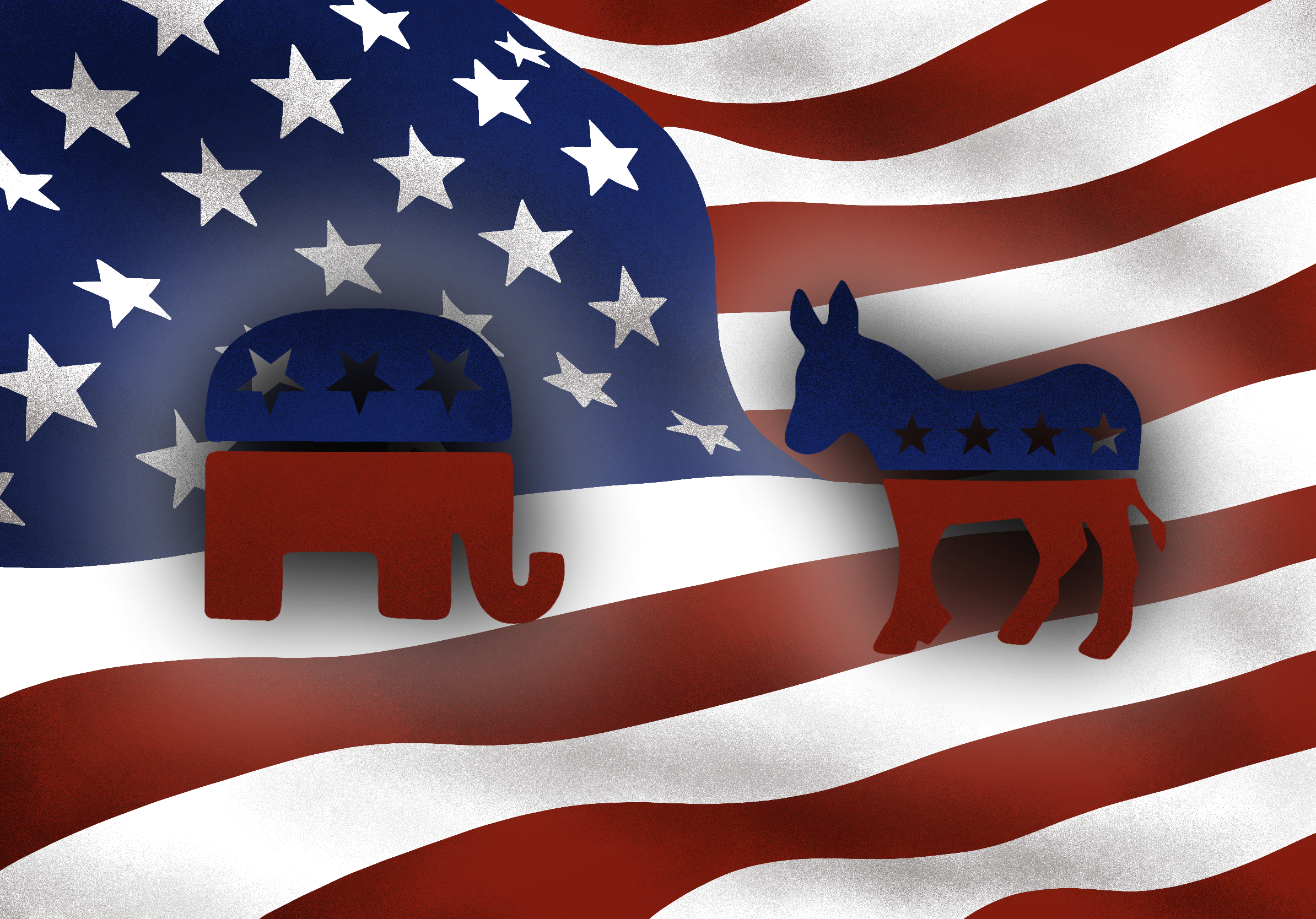Why Americans insist on “moving to Canada” before every election
I know there is an important election going on in the States when my American friends start saying “I’m going to move to Canada.” And with election season upon them, it’s almost guaranteed that every American I talk to from now until Nov. 3 will bring this sentiment up in some way, shape or form. Each person expresses it differently, from my American friends jokingly proposing Green Card marriages, to my great-aunt in Texas posting memes on my Facebook wall about “Trump Air” airdropping all the “butt-hurt liberal snowflakes” somewhere over Saskatchewan.
As a Canadian who has never been south of the 49th parallel, I find myself approaching American politics much in the same way I would a soccer match that I put money on. I will watch the Americans play their game and accept whatever happens, win or lose, as being out of my control.
I’ll admit that this year I had intended to skip the presidential debates altogether. The 2016 election was still fresh in my mind and I seriously doubted that the moderator would ask any questions about the tariffs levied on Canadian goods or the renegotiation of NAFTA. But I acquiesced to skimming through a recording of it on YouTube after my Twitter feed was spammed by friends live-Tweeting the event.
As I watched Trump and Biden debate policies for a foreign land, I couldn’t help but think back to the only other president I remember in my lifetime. President Obama’s first inauguration is one of the few experiences from my elementary school days that I can still picture vividly. I remember watching President Obama’s speech from the back of my French class as a substitute teacher yelled in broken French to “ferme la bouche, nous vivons à travers l’histoire.” I ruminated on those words, not being able to fully grasp their significance at the time and, if I am being completely honest, a part of me still doesn’t.
But when I hear an American say “I’m moving to Canada” I get the feeling that I should at least try to understand what those words mean. From the outside looking in, it seems to be the great paradox of American culture. A country with a national identity based upon its unwavering dedication to the democratic process has a population in which half of whom are willing to call it quits at the drop of a hat.
But I can see that there is something quintessentially American to it. All the qualities that American people hold dear are encapsulated in that phrase. The modern American has finally found a way to express the desire for an equal society, the need to leave one’s ancestral home to chase a better life and the escape of a perceived tyranny, (whether it be Republican or Democratic) in under five words. It is as if “I’m moving to Canada” has become the 21st century equivalent to manifest destiny.
And yet, I sense a slight indifference within that saying. I have never heard it phrased as a question of “Can I?’” but always as a statement of “I can.” For a nation that’s in the grip of widespread xenophobia, I find it ironic how lightly its citizens throw around the concept of millions emigrating en masse to a foreign nation with little regard for how those who live there might feel about the idea. There are times when I feel tempted to ask in reply “Why not Japan? Or Australia? Or Sweden even? The weather there is certainly nicer.” But I don’t think that any American would understand what I’m trying to say. For that, you need to be a Canadian, the same way you need to be an American to understand the phrase “I’m moving to America.”
Graphic by @the.beta.lab
